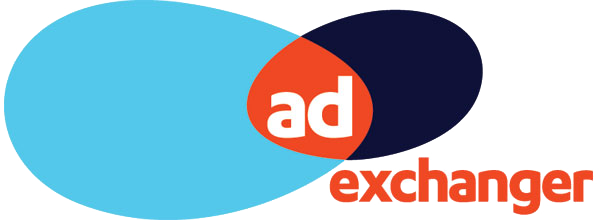

Pyze Exits Beta With App Analytics Tool For The Underdog
by Allison Schiff
Some app developers are raking in the cash hand over fist – Supercell made $924 million in profits last year – and others are eating instant ramen noodles for dinner. Most developers make less than $500 a month, according to Vision Mobile.
But that doesn’t mean the ramen eaters don’t deserve access to sophisticated analytics and business intelligence tools.
At least that’s the idea behind Pyze, a self-serve mobile analytics platform for app publishers. Founded in 2013, the company came out of stealth on Tuesday with $1.7 million in seed funding led by DoubleRock and bolstered by a number of angel investors.
“The app market is big and getting bigger, but there is also an inequality in the market, and one of the big reasons for it is data,” said Prabhjot Singh, Pyze’s president and co-founder. “Two guys in a garage also need to be able to understand their users.”
Edwin Leong is one of those proverbial guys in the garage. Leong, a freelance JavaScript developer, and a buddy started Acer Apps in 2012 without much fanfare.
“We didn’t have an official launch and we didn’t have dreams about creating the next Facebook or Snapchat or anything like that,” he said. “We were just a couple of guys saying, ‘Let’s code some apps and see if we can make some money on the side.’”
These days, Acer has 12 apps under its hat, most of which are games with a few utility offerings tossed in, and 6 million downloads, with the majority of its user base in Indonesia and India.
As Acer started to monetize – advertising is its main source of revenue – Leong went looking for better tools to get more in the weeds around user data.
“A lot of the solutions out there didn’t make sense for us,” Leong said. “The free stuff like Google Analytics and Flurry was lacking in terms of features and the more hardcore stuff like Localytics and Mixpanel was too expensive for us.”
Leong and his partner stumbled on Pyze through an acquaintance and gave it a spin.
Pyze, which is free, allows developers to track user behavior, looking at use patterns, trends and anomalies to understand individuals and create cohorts that can be used to automate actions and in-app events around onboarding, churn, engagement and re-engagement.
“We’re using behavior as the main mechanism to target users – I don’t care about what age group people fall into, I care about how they engage,” Singh said. “Most mobile analytics are based on a priori segmentation, meaning you have to create the segments first – say men in San Francisco between the ages of 30 and 40 – and then run your tests. But if you’ve got millions of users all over the world, it’s nearly impossible to identify and test all of the relevant segments without a data scientist to help you, something the average startup just doesn’t have.”
As Leong started digging into his own apps, he discovered a variety of use patterns.
“And we needed to implement different ways to target them because engagement isn’t one-size-fits-all,” said Leong, pointing to one of a number of experiments Acer ran using Pyze on its chess game, “Chess Grandmaster.”
In “Chess Grandmaster,” users can play against a friend, the app or a random opponent. Leong used Pyze to start tracking the typical behavior of users in these three groups and noticed that an encouraging message following several victories in random player mode – something like “Hey, great job – there are X number more users who want to play against you right now!” – had a significant increase on time spent in the app and on in-app engagement overall.
In addition to “Chess Grandmaster,” Leong tested Pyze with Acer’s free ebook reader app and a game called “Bubble Blaster Pro,” and said he’s planning to roll it out across more of Acer’s titles soon.
What Leong isn’t planning to do is quit his day job, at least not just yet, but as revenue increases, it’s becoming a more realistic possibility, he said.
For its part, Pyze is also looking to make some money, but not from its base solution, which will remain free. The company will charge for additional functionality like app revenue analysis and product recommendations.
